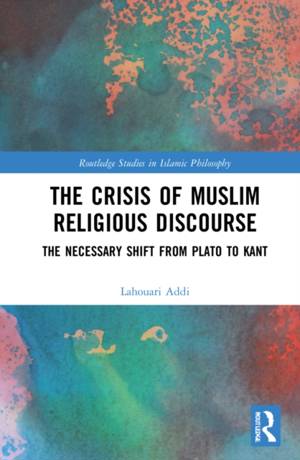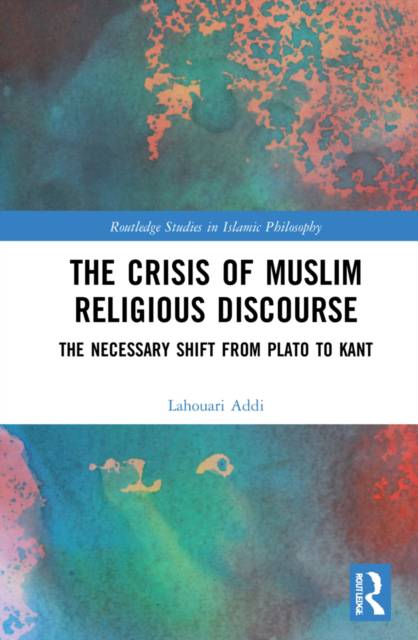
- Retrait gratuit dans votre magasin Club
- 7.000.000 titres dans notre catalogue
- Payer en toute sécurité
- Toujours un magasin près de chez vous
- Retrait gratuit dans votre magasin Club
- 7.000.0000 titres dans notre catalogue
- Payer en toute sécurité
- Toujours un magasin près de chez vous
Description
Showing that Muslim societies are facing a crisis that is more cultural than religious, this book focuses on cultural representations through which social life is experienced in the Muslim world. It brings a new theoretical framework to address the secularization process that is underway and the contradictions it entails.
This volume will arouse a new debate on secularization and the relations between religion, culture and philosophy. The crisis Muslim societies are undergoing pertains to the culture and not to the Qur'an to the extent that people do not have access to the sacred in itself but only for oneself, meaning a cultural interpretation of the sacred. The Qur'an in itself is not an obstacle to secularization and modernization since any sacred text is experienced through culture. If we consider the European experience where secularization has first emerged, we see that culture has been transformed from medieval metaphysics to modern philosophy upholding a civic culture.
Discussing secularization through cultural representation, this book launches new ideas that fill an important gap in the literature on secularization. It is a key resource for any readers interested in religious studies, philosophy and the anthropology of religion.
Spécifications
Parties prenantes
- Auteur(s) :
- Editeur:
Contenu
- Nombre de pages :
- 206
- Langue:
- Anglais
- Collection :
Caractéristiques
- EAN:
- 9781032129648
- Date de parution :
- 31-12-21
- Format:
- Livre relié
- Format numérique:
- Genaaid
- Dimensions :
- 156 mm x 234 mm
- Poids :
- 489 g

Les avis
Nous publions uniquement les avis qui respectent les conditions requises. Consultez nos conditions pour les avis.






